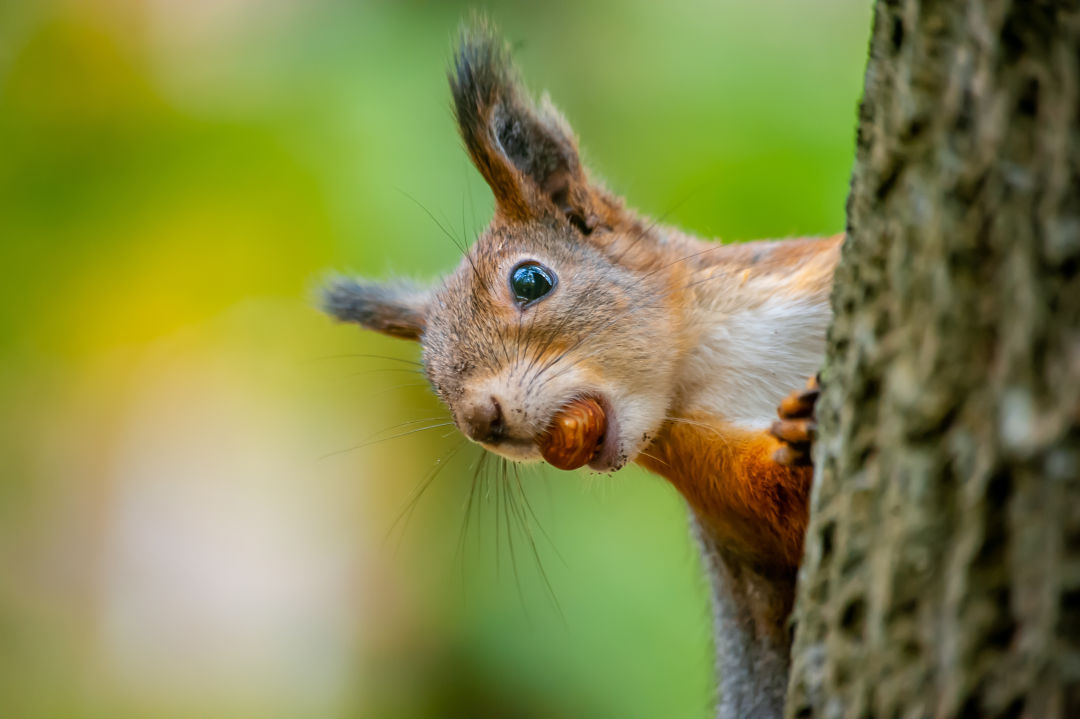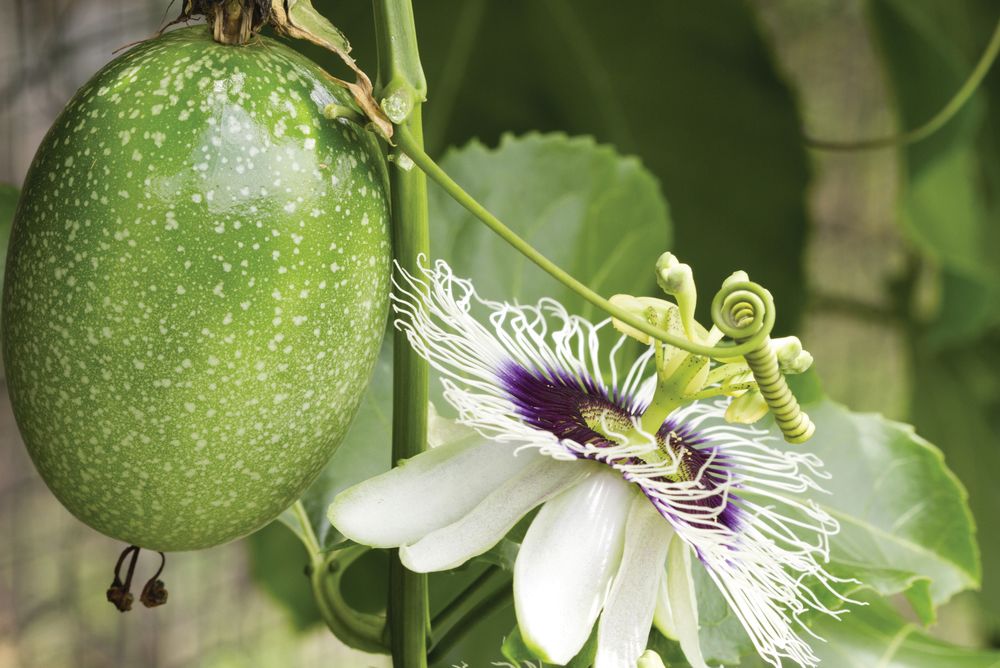How I Learned to Stop Worrying and Love the Squirrel

Image: Graf AVS/Shutterstock.com
I am filled with a murderous rage. For years, I’ve been waging war against my neighborhood squirrels—and losing. I cannot stop them. They dig up my garden, gorge on my fruit trees and break into my home. It’s not for lack of trying that I’m failing. I have been kind and violent. I thought I could reason with them. I left them birdseed as a peace offering. It only made them hungrier. They ignored my cage traps and teased my “attack” dog. I even hunted them down with a pellet gun and turned them into squirrel sausage. But in no time, they’d be back, taking single bites of unripe mangoes and letting them drop to the ground to rot for the maggots as if to spite me for my efforts. There is squirrel hate in my heart.
But today is National Squirrel Appreciation Day (in case you didn’t have that highlighted on your calendar), and I’m desperate to learn how to live in harmony with these pesky animals. So I reached out to Dr. Robert A. McCleery, a professor of wildlife ecology and conservation at the University of Florida, to help me overcome my prejudice and appreciate the eastern gray squirrel.
But before we appreciate them, I got to get some more squirrel hate off my chest.
I know I’m not alone in swerving out of the way of squirrels darting in front of my car. I’ve almost killed other creatures (including myself) trying to save them from becoming roadkill. Turns out you shouldn’t do that.
Squirrels are also a great menace to our electrical grid. They cause 10 percent to 20 percent of all America’s power outages. The American Public Power Association, a national service organization that deals with power utilities even uses a “squirrel index” to track outages caused by gnawing squirrels throughout the country.
Sometimes it feels like there are more squirrels than ever before.
When I ask McCleery if the squirrel population is increasing, he donned his academic hat. “What do you mean by more? What’s our timescale here? More than 50 years ago? Sure. More than 10? I can’t say.” But he did say that the urban squirrel population has increased as a result of—us.
He asked me to zoom out even further. “What did your part of Florida look like 150 years ago?” Not like it does today. “You probably had an open canopy,” he said. Imagine pine forests with lots of open spaces or isolated patches of oak and cypress hammocks. But we changed all that, McCleery explained. “You removed fire. You put nice trees in for yourself—either for fruit or for shade—and so you closed the canopy and planted things that are highly palatable for squirrels.” In other words, we humans have done a great job making our urban developments a wonderful oasis for the squirrels, and for the eastern gray squirrel in particular. Before we closed the canopies, Sarasota was likely the domain of the solitary fox squirrel.
“I can make a mango tree scary for a squirrel,” McCleery told me. “You have to plant it away from other trees. You can’t have touching canopy. As soon as you have canopy that is overlapping, you’ve given them a highway.” The ground is a scary place for squirrels.
So besides starting fires and trying to convince my neighbors to cut down their trees, what are my other options? Fear.
McCleery said my dog needs to take one out. “Most any animal recognizes mortality,” he said. “If your dog caught one squirrel, they would be scared to death of that dog. That information would be transferred, and whenever your dog came out, they would scold it. If your squirrels aren’t scolding your dog right now, they’re not scared.” Squirrels scold when they make that chirping noise and flick their tails.
Squirrels are also scared of humans. But we can’t keep scaring them the same way without anything bad happening. “You have to be random, unpredictable and have lots of variation,” he said. “If there’s no bad outcome, you’ve just habituated them to that and they realize there’s no risk.” But that’s a lot of work for people, and some people just resort to hiring professional pest control companies.
“You’re not going to fight the fact that you’ve made a wonderful oasis for the squirrels, so you might want to learn to enjoy them,” McCleery said. He’s got lots of squirrels at his north central Florida home. Right now, it’s the time of year where squirrels cache their food, and he says it’s fun to watch their behavior. “They will cache very differently where they’re scared and where they’re not scared. They actually cache in areas that are scary to other squirrels so that the other squirrels will not go get them,” he said.
In terms of appreciating squirrels, McCleery asked, “What other wildlife do you see that has their own mind, doing their own things on a day-to-day basis? The answer is not too damn much.” We might see some birds, but squirrels are the wildlife that most humans interact with. “They’re really smart and they’re cunning and they’re clever, and they can be entertaining if you want to watch their behavior,” he said.
Squirrels, it turns out, are an extension of ourselves. They’re also survivors. Here is an animal that has found a niche in which to thrive in spite of all the ways we have changed the world.
And while McCleery has never tasted squirrel meat himself, he told me that he’s not opposed to me making squirrel sausage again. “I don’t get worked up about those things. I’m an ecologist. I care about populations and communities. If there was a limited supply of squirrels, then it might be a bad thing.”



